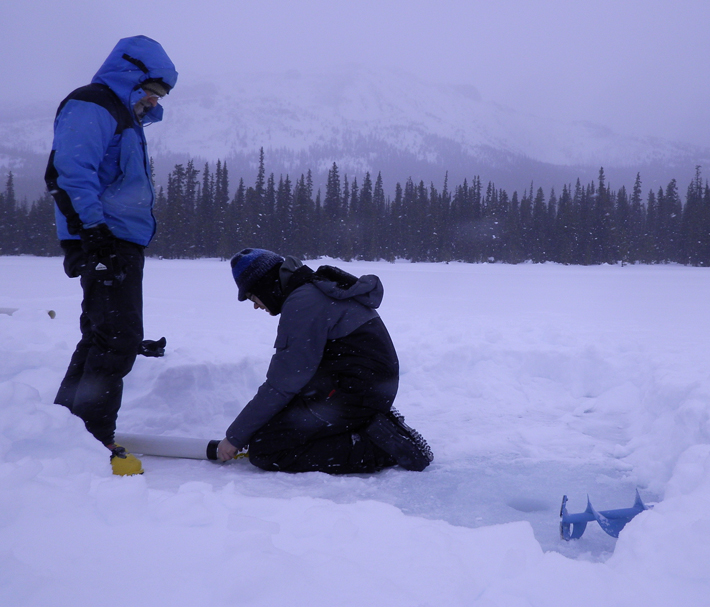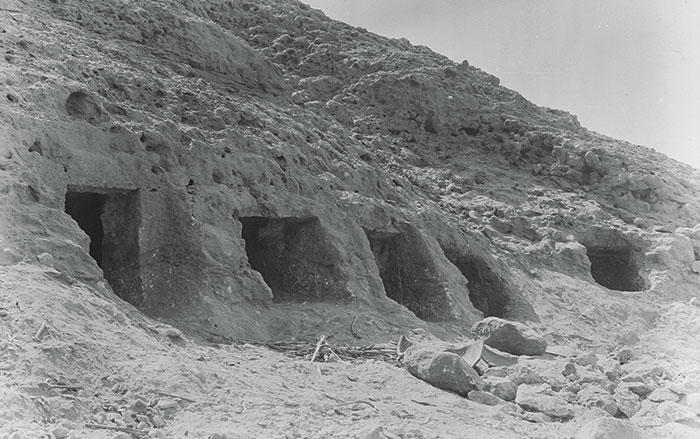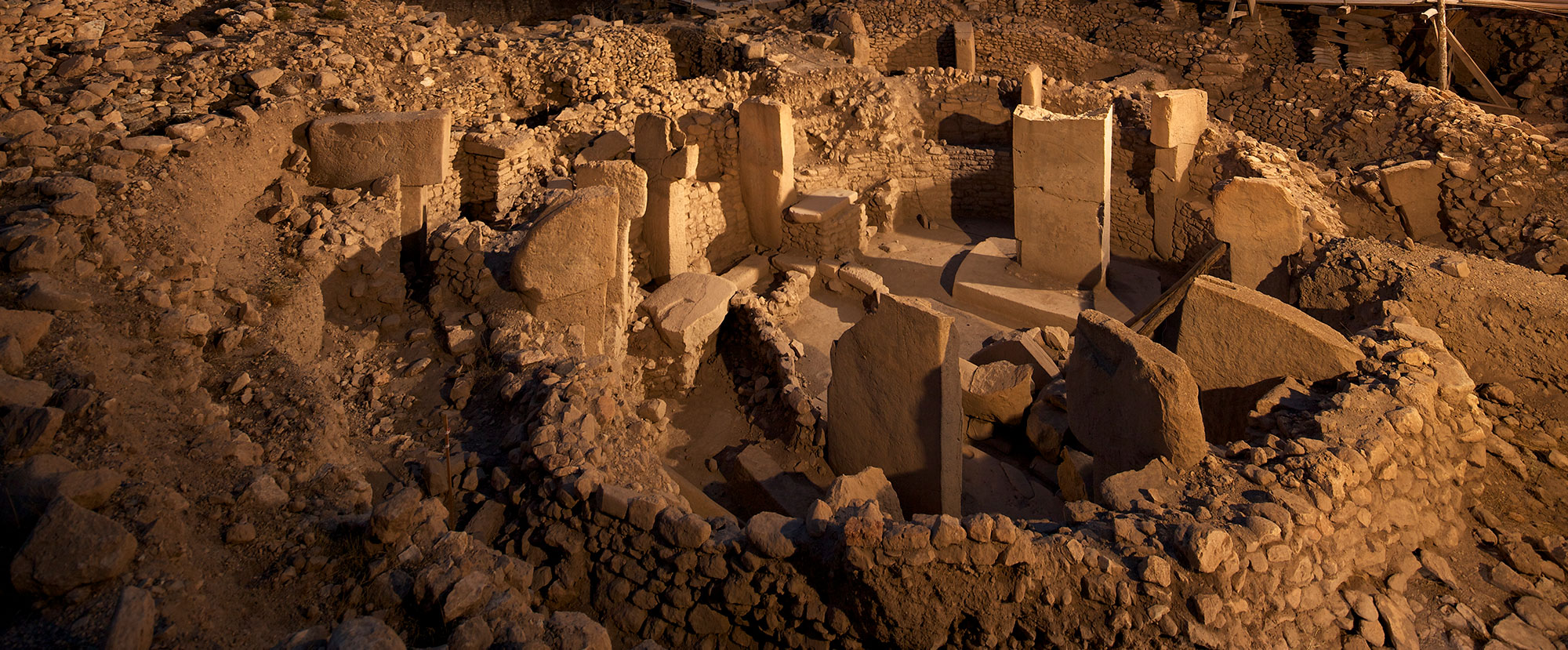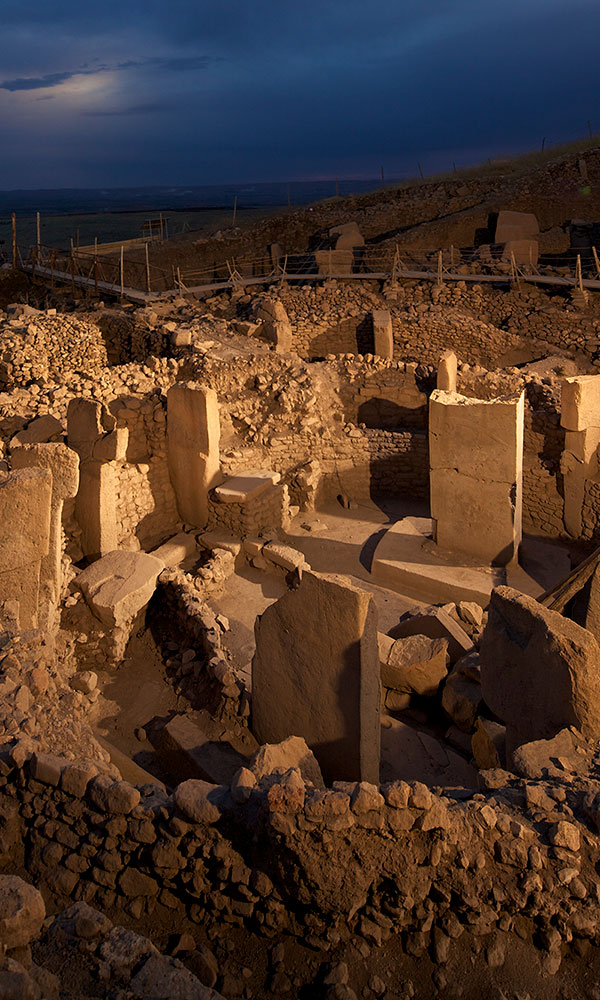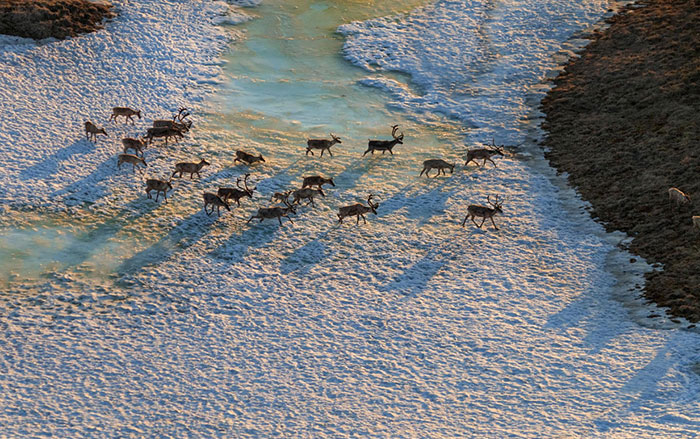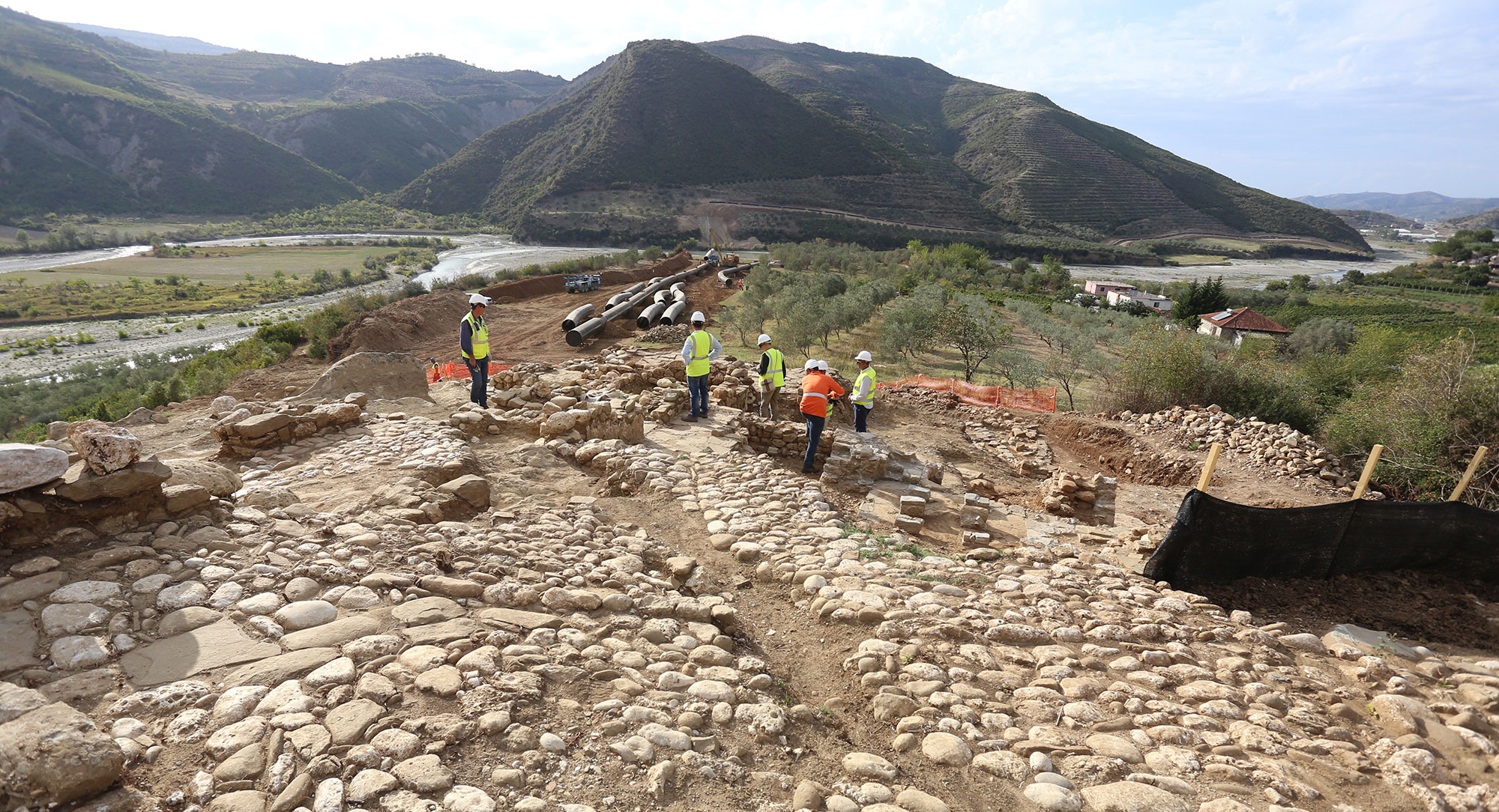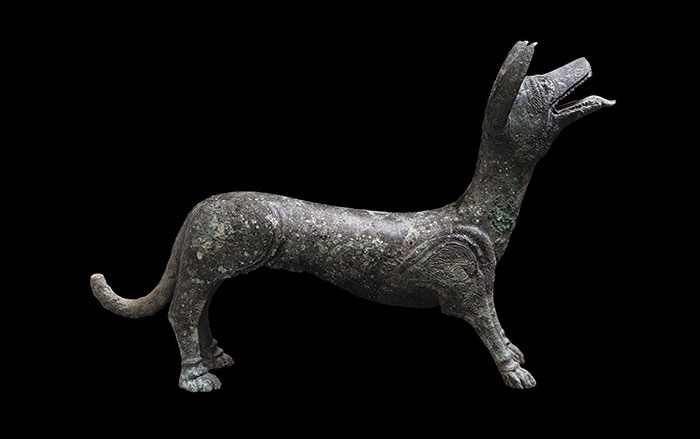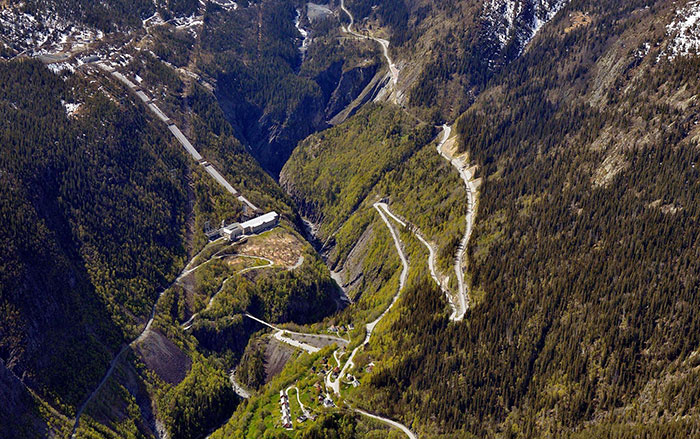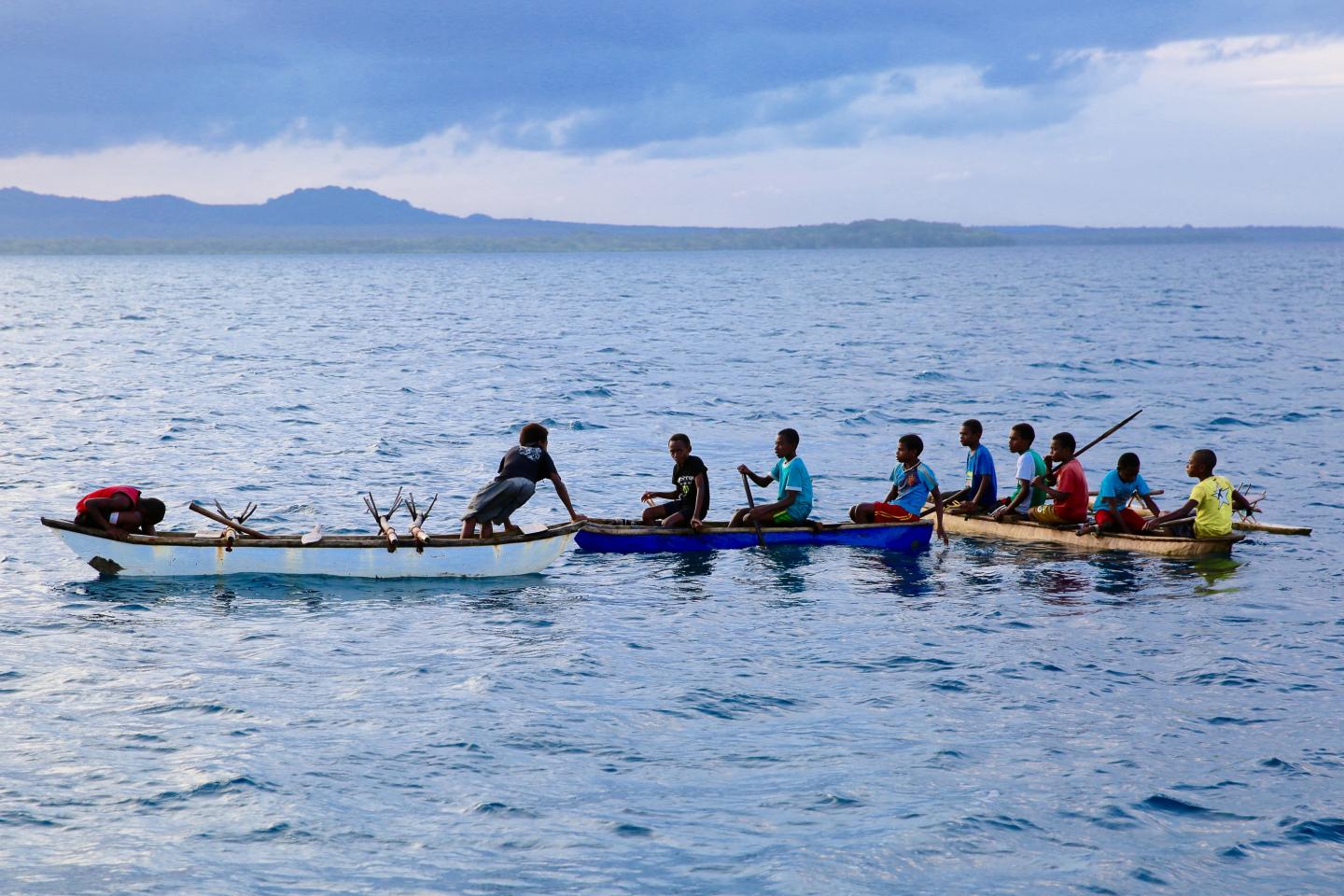
JENA, GERMANY—According to a report in Nature, two new DNA studies investigated why the residents of Vanuatu speak languages related to those found in Southeast Asia, even though their genetic ancestry is more similar to that found in Papua New Guinea, which has its own distinct languages. Both studies indicate that the first people to reach Vanuatu some 3,000 years ago came from Taiwan. About 500 years later, they were joined at Vanuatu by people of mostly Papuan ancestry. Later inhabitants of the archipelago were primarily Papuan, but also carried Austronesian ancestry. The team led by David Reich of Harvard Medical School suggests the original population was almost completely replaced by Papuans by around 2,300 years ago. But the other team, co-led by Cosimo Posth of the Max Planck Institute for the Science of Human History, suggests the Papuans mixed into the original settler population gradually. They say this gradual mixing could account for the characteristics of the language spoken on Vanuatu today. Linguist Andrew Pauley of the Australian National University, a critic of this idea, says the first people who lived on Vanuatu may have already spoken both Austronesian and non-Astronesian languages picked up during their travels. Geneticist Mark Stoneking of the Max Planck Institute for Evolutionary Anthropology adds that the analysis of additional ancient genomes from the region will probably make the picture even more complicated. For more on the intersection of archaeology and linguistics, go to “Wolf Rites of Winter.”


